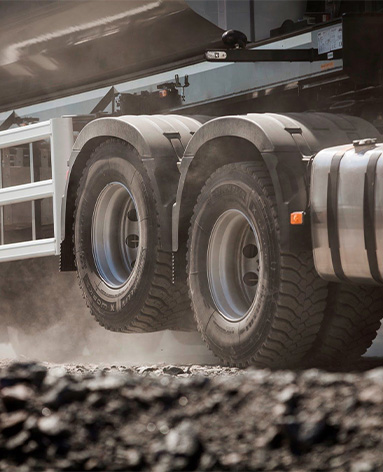Ιούλ . 31, 2024 21:26 Back to list
Exploring the Possibility of Turning Brake Drums for Enhanced Vehicle Performance and Safety
Can Brake Drums Be Turned? Understanding Brake Maintenance
When it comes to vehicle maintenance, the braking system is one of the most crucial components that require attention. Among various braking components, brake drums often generate curiosity among car owners, especially regarding their servicing and replacement. One common question that arises is can brake drums be turned (resurfaced)? In this article, we'll explore the concept of brake drum turning, its benefits, limitations, and when it's necessary.
What Does Turning Brake Drums Mean?
Turning brake drums involves the process of resurfacing the inside of the drum to create a smooth, even surface that allows the brake shoes to make effective contact when the brakes are engaged. This process is typically performed by a professional mechanic using specialized machinery. The turning process removes any grooves, discoloration, or slight warping that may have occurred over time due to friction and heat generated during braking.
Benefits of Turning Brake Drums
1. Cost-Effective Solution Resurfacing brake drums can be a more economical option compared to complete drum replacement. If the drums are still within the acceptable thickness range after turning, this can significantly save on parts and labor costs.
2. Improved Brake Performance A smooth and even surface allows for better contact between the brake shoes and brake drums. This can enhance the overall braking efficiency of the vehicle, leading to shorter stopping distances and increased safety.
3. Extended Component Lifespan By turning the drums instead of replacing them, you may prolong the life of both the drums and the brake shoes. New brake shoes can better conform to the refinished surface, reducing the likelihood of uneven wear.
Limitations and Considerations
can brake drums be turned

While turning brake drums can offer several advantages, there are important limitations and considerations to keep in mind
1. Material Thickness Every brake drum has a minimum thickness specification. Turning will reduce the drum's thickness, and if it is already close to or below the minimum threshold, resurfacing is not a viable option. Use caution here, as thin drums can lead to failure.
2. Condition of the Drums If a drum is severely warped, cracked, or excessively worn, it is safer and more effective to replace it. Continuing to use drums in poor condition can compromise brake performance and vehicle safety.
3. Professional Assessment The decision to turn brake drums should be made based on a professional inspection. A qualified mechanic can accurately assess the condition of the drums and recommend the best course of action.
When to Consider Turning Brake Drums
Typically, it is advisable to consider turning brake drums during routine brake service, particularly when replacing brake shoes. If you hear grinding noises, experience a pulsating brake pedal, or notice uneven wear on the brake components, these may be signs that your brake drums require attention. Regular inspections of the braking system can help catch these issues before they escalate.
Conclusion
In conclusion, turning brake drums can be a viable maintenance option under the right conditions. It offers a cost-effective solution for maintaining the performance of your braking system while improving safety on the road. However, it's essential to consider the condition of the drums, material thickness, and to seek professional advice when necessary. Regular maintenance and timely interventions not only ensure optimal brake performance but also contribute significantly to overall vehicle safety. Always prioritize safety and consult with experienced mechanics when dealing with braking issues to make informed decisions regarding your vehicle’s maintenance.
-
High-Quality Brake Drum MAZ – Durable Drum Brake Drum & Brake Drum and Brake Shoe Solutions
NewsJul.05,2025
-
High-Quality Brake Drum Iveco - Durable Drum Brake Drum & Brake Shoe Solutions
NewsJul.05,2025
-
High-Quality Brake Drum MAZ – Durable Drum Brake Drum & Brake Drum and Brake Shoe Solutions
NewsJul.04,2025
-
Brake Drum Man - High-Quality Drum Brake Drums & Brake Shoes for Reliable Performance
NewsJun.24,2025
-
High-Quality Brake Drum Kamaz – Durable Drum Brake Drum & Brake Shoe Replacement
NewsJun.10,2025
-
High-Quality Brake Drum Liza for Drum Brake Systems - Superior Durability and Performance
NewsJun.10,2025
